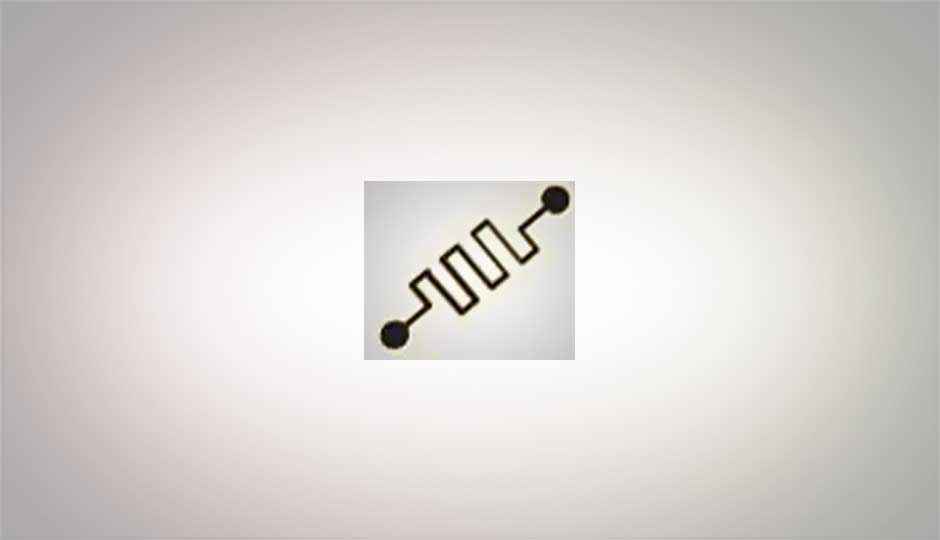HP incubating ‘memristors’ with Hynix – Flash-storage competitor and ReRAMs to hatch

Memristor! Well, erm… what’s for dinner?
We get it, that will be the primary expression for most of you. So before we start with what’s what, let’s take a brief overview about Memristors.
If you are familiar with any of the terms- resistance, capacitance or inductance then you know they are the three properties which an electric circuit is bound to have. In the late 60’s last century, a prediction was made for yet-another circuital property, then dubbed as Memistance. IEEE confirmed the property renaming to memristance (and the circuital element showing the property are called memristor) in 1971. The invention was revolutionary for some reasons (which we will explain afterwards), and memory chip makers are drooling over it since.
As if it takes a grand revelation, let us tell you, the mem of the memristor comes from memory. The property gives a circuit element to memorize its state – even after it was switched OFF and then switched back ON . So it leads the research labs to work out the feasibility to use it as a memory solution. The good news is, of late – the fruit is about to ripe. Scientists at HP labs confirmed the possibility to make storage chips based on memristors for some times, and now they have taken a big step ahead collaborating with Hynix to produce RAM (better, lets say system memory) for the new generation.
Hynix is an old player in memory solutions, and HP found them good to work with to take the technology further, showing us a glimpse of the new era. The new system memory solutions are primarily dubbed as Resistive Random Access Memory (ReRAM).
The possibilities with memristors are endless, as HP explains it. Even though they are open to work with other companies (yet to be announced) other than Hynix, HP says, they’ll keep the intellectual property (IP) to themselves making it a licensable standard to be used by other chip manufacturers.
We will definitely watch the race between flash and memristor-memories to see how interesting it gets, but in the race of S/DRAMs and a ReRAM, the legacy will fall flat without a doubt. As you already know it, no matter how speedy it gets (with DDR ), once switched off and they are as good as a bread-board. On the other hand, a ReRAM will be completely able to retain it’s state even after the PC is turned off. Hang on, is that supposed to mean we’ll have faster boot-up? Yes, a lot faster – a restart will be much like Windows‘ (Vista and later) Sleep Mode.
Let’s see where HP-Hynix leads us; the forthcoming is promising enough to be brighter – but the question is, how much?
